The Frigate Bird, Alistair Campbell, 1989
- Cook Islands, #7
- £0.01 from amazon.co.uk
- Read: October 2015 (and again in May 2016)
- Rating: 4/5
- Recommended for: Ukulele players with dark pasts
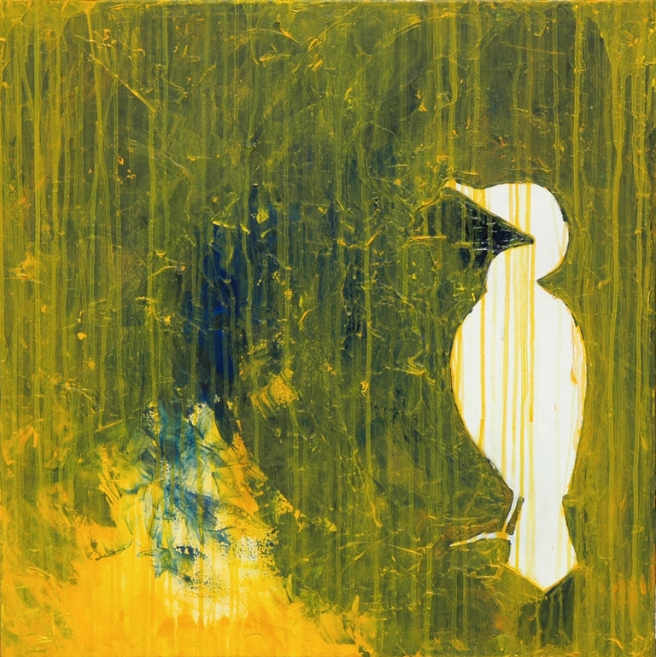
The Frigate Bird opens upon our narrator (who is never named, but who shares many biographical details with the author) en route from New Zealand to his mother’s homeland of Penrhyn Island, having been assigned by his editor to write about his childhood there. From the opening paragraph we can tell that all is not right in the narrator’s mind, and within a page he tells us, baldly, “I was going nuts again.” Thus begins a fascinating story of mental illness and cultural disconnect, a story that takes us to Rarotonga and Penrhyn in the Cook Islands, then to a mental hospital in urban New Zealand, down to the highlands of the South Island, and finally back to Penrhyn again. There’s a love story too, although it’s not particularly fleshed out—the object of the narrator’s affections seems chosen more for symbolic significance than any personal characteristics (his love for her seems mostly inspired by the fact that the cousin is a) in a similar state of emotional distress and b) looks exactly like his mother, which, ok buddy, you might want to bring that up to your therapist as long as you’re there).
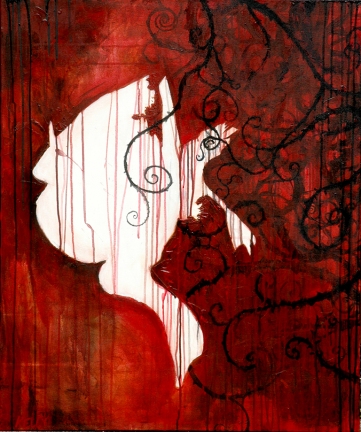
However, external events are almost incidental to the real plot, which plays out inside the narrator’s mind as he struggles with his (sometimes literal) demons. As well as the delusions that make him recast strangers as terrifying and insidious figures, he is dealing with the repercussions of having been orphaned at an early age and shipped off to live with his white father’s family in New Zealand, separated from his siblings, maternal relatives, and the culture that had up to then been his. In many ways his mental illness can be seen as a direct outgrowth of this uprooting and subsequent alienation. Many of his delusions would be perfectly logical within Cook Islands culture and would not, in fact, be seen as delusions there. On an island where everybody knows each other, and most people are related, it isn’t actually illogical to think that strangers are familiar or that they might be discussing you when you’re not around. Nor is it unusual among his maternal relatives to believe that dead relatives are trying to contact you; the narrator, convinced that his dead grandfather is following him, initially responds with terror, dismissing the belief as a delusion (which is probably how I would feel if I thought a ghost was talking to me, too). But when several relatives mention to the narrator that his grandfather is trying to talk to him, to help him, and is being shut out by the narrator’s fear and denial, the reader is left a bit flummoxed. Are these relatives real, or hallucinations? If they are real, and really believe that the narrator’s grandfather is around and trying to help him, is the narrator really delusional? Or is the problem that he is divorced from a culture that would allow him to connect with his ancestors and accept their help?
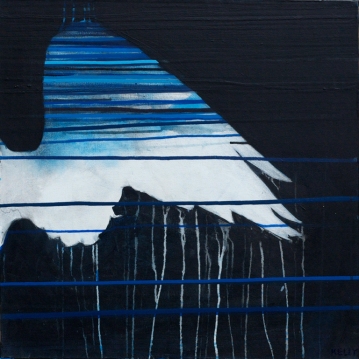
Even though the narrator’s illness causes him a great deal of terror and confusion, Campbell writes about these feelings with a detached irony and humor reminiscent of Hunter S. Thompson describing a bad trip. The reader doesn’t feel the narrator’s panic; we are not invited to share in his illness the way we are in, say, Faces in the Water. Instead we view his delusions from a distance imposed by the double self-awareness of narrator and author. This self-awareness is part of what makes this an enjoyable read, but it can also be treacherous, both for him and for the reader. Neither the reader nor the narrator can reliably determine what is real and what is a hallucination (when the narrator’s sister leaves her sleeping body to visit him in the hospital, for instance, the narrator never questions the reality of the situation; the reader is inclined to, but the prosaic nature of their conversation, and the orderly who overhears a woman’s voice in the room, make us question that assumption. Conversely, when a giant frigate bird crashes into the narrator’s hotel window, it seems pretty apparent from the exclamations of the other hotel guests that the event falls firmly within the realm of reality—but the narrator is convinced that the bird is a spirit emissary from his grandfather, and part of his delusion). Ultimately, though, it doesn’t matter what’s real and what’s hallucinatory. This isn’t a story of a man fighting his way free of bipolar disorder and getting to grips with reality; rather it’s about accepting things as they are. The narrator doesn’t have the power to change his brain chemistry, or to go back and regain the childhood that was torn away from him. But he can learn to accommodate his delusions, even to welcome them, and he can embrace his lost family and his lost culture to find a sense of belonging in his adult life.
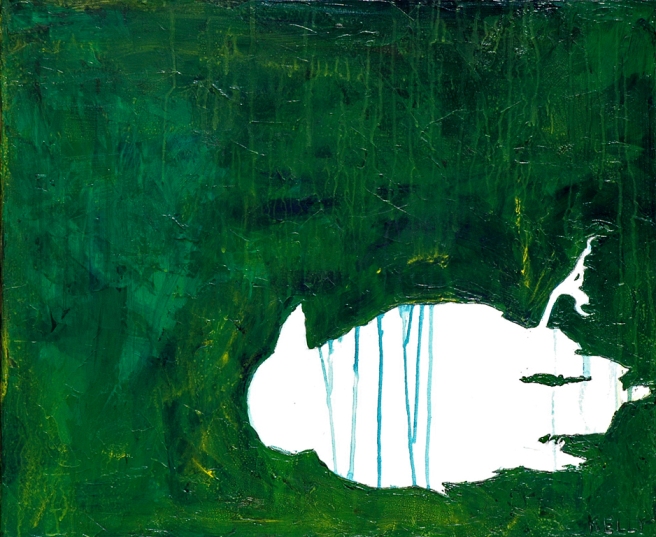
This book (along with its two sequels, Sidewinder and Tia) is out of print, and I think that’s a shame; it was weird and wonderful and I really liked it. In fact, most of Campbell’s work seems to be out of print, which I find confusing; The Frigate Bird was a regional finalist for the Commonwealth Writers’ Prize, and as recently as 2005 Campbell was awarded the New Zealand Prime Minister’s Award for Literary Achievement in poetry. While I can’t pretend to know how much prestige that last one carries with it, it seems curious that only a decade later the man’s complete works would be almost forgotten. Campbell isn’t the first author I’ve read whose works have fallen into obscurity (Tom Davis and Johnny Frisbie were pretty tough to source too), but he’s the first who I think is undeserving of such a fate. I really liked this book, and I’m going to be keeping my eye out for second-hand copies of the sequels.
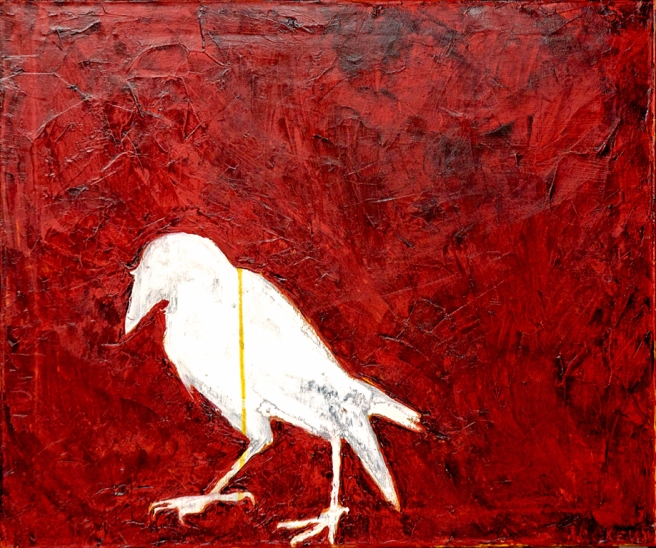

I am not a ukulele player with a dark past, so I may not enjoy the book but I love this review. Your paintings are amazing.
LikeLiked by 1 person